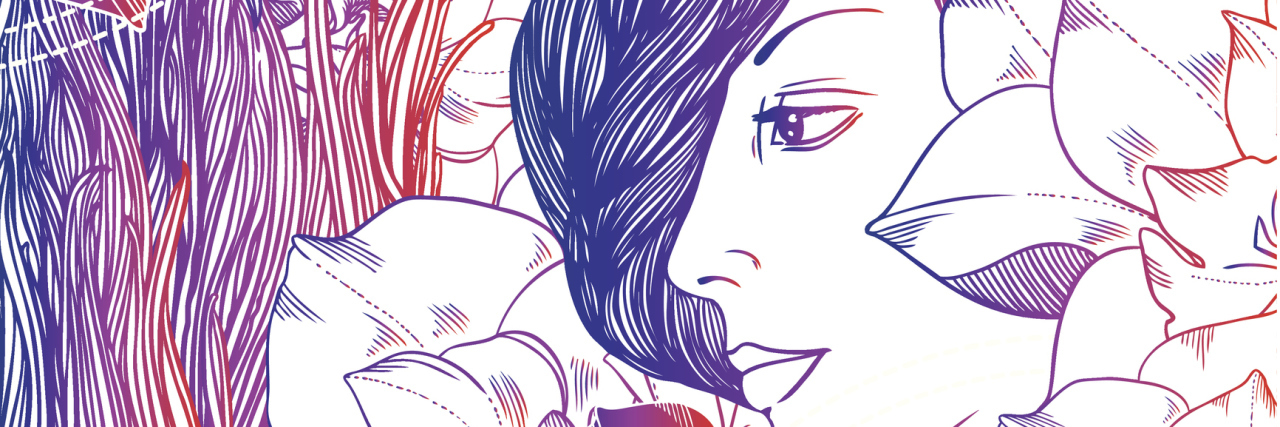What 'High-Functioning' Anxiety and Depression Really Look Like
This piece was written by Brandi Boese, a Thought Catalog contributor.
Anxiety and depression are not uncommon terms these days. They are seen almost everywhere — in Hollywood, in sports, in the military and of course — among the “common” folk. With their acknowledgement comes a set of characteristics associated with each term.
Anxiety rides in the minds of a lot of people as a debilitating disorder that leaves people in a constant fear of everything around them. Depression, often in those same minds, can simply be a person wanting to end their life because they see no way out of the pain.
Want to hear the really scary part?
Anxiety and depression are so much more than that. While they both can be seen showing the signs mentioned above, the scariest thing around (in my opinion) is this thing called “high functioning” anxiety/depression.
These people look and act like everyone around them. They get up, they go to work, they succeed at the highest standard in day-to-day task and can honestly seem like the people that really have a good hold on their life.
These same people live in the shadows of their own lonely pain and struggle. They think life would be better if they stayed in bed that day, but they somehow get out of bed anyway.
They struggle with running thoughts in their heads, analyzing every conversation of their day, but still have the need to please people so they keep pushing on.
The outgoing person you see in front of you may simply be full of nervous chatter because they don’t know what to say. Because anything they say can be the next feature of their late night sleepless replay of their day.
Overachieving is easy when your anxiety makes you hyper-focused in every aspect of your life. When you’re so focused on not failing, you may begin to succeed.
High academics, deep activity involvement, a large friend group. Anything but can feel like failure to some.
Numerous apologies. Inconspicuous bad habits to stay calm. Sleepless nights. Unexplained changes in behavior. And so much more.
You can’t be depressed if you look like you have it all together, right? Wrong.
Depression can affect anyone. Even the one who seems like they have full control over their life. They can be outgoing and personable on the outside, but sometimes, their world is crashing down at all times inside their body.
Every moment of their day is exhausting because they are working so hard to be “normal.” The constant self-criticism and doubt eat away at every ounce of energy they have.
While you have no energy, you also get no rest. There is no escape from the anger, guilt and worry that are always lingering by your side. You cope in many ways just to be able to turn around and live your life the next day — whether you enjoy it or not.
“High-functioning” depression is easily masked in the deep shadows of a seemingly cheery person. This is what makes it so scary. The effects of depression can be chiseling away at someone and those around them may never know because they seem to have everything together.
How can you help?
First, stop putting such a stigma on mental illness. I’ll be the first to say that help would be easier to seek if people didn’t feel like they would be looked at differently for trying to get help.
Second, be there. Be an ear for the nervous chatter to find rest. Accept the endless amount of apologies given — even when you’ve heard them 10 times already.
Lastly, don’t be afraid to check in with your friends often. Don’t tell them they are overreacting or need to “get over it.”
Just be someone they know they can come to — even if you don’t really understand what is going on, because chances are they don’t really know either.
This story is brought to you by Thought Catalog and Quote Catalog.
We want to hear your story. Become a Mighty contributor here.
Thinkstock photo via Rively

